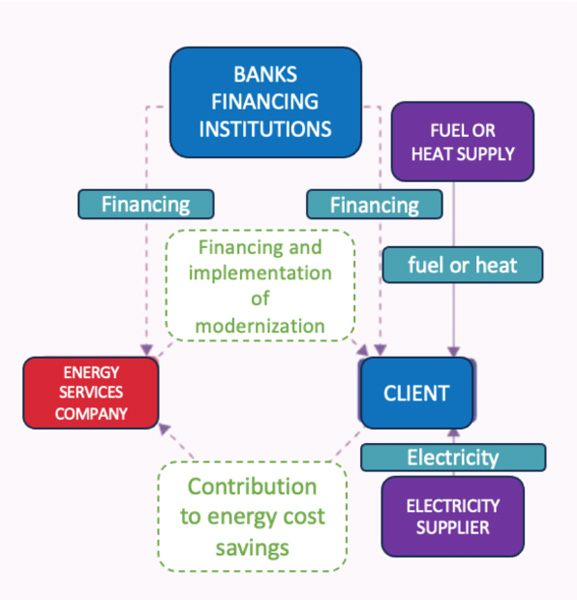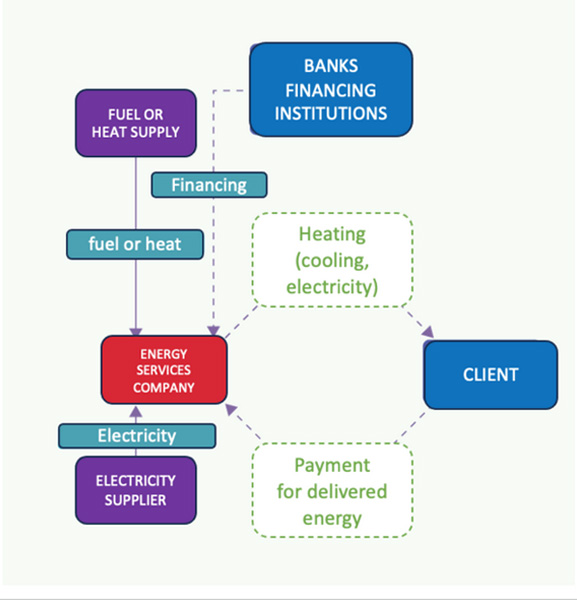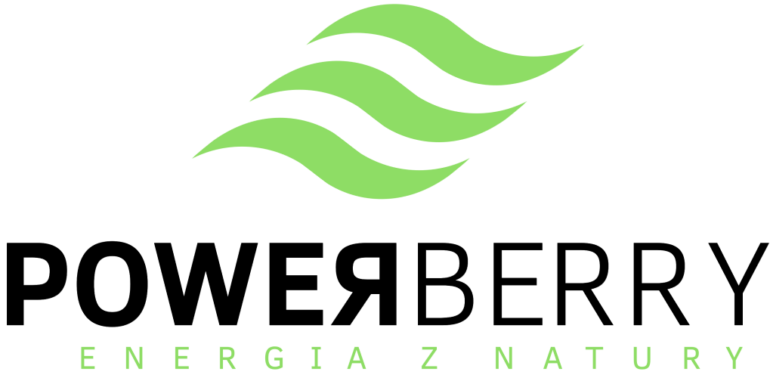
ENERGY EFFICIENCY IMPROVEMENT AGREEMENT
As part of our commitment to promoting sustainable development and optimizing carbon footprint management, we offer our partners the opportunity to enter into a specialized Energy Performance Contracting (EPC) agreement. This is a key element of our services, enabling the implementation of investments aimed at increasing energy efficiency in buildings, businesses, and institutions
An Energy Performance Contract (EPC) is an agreement between two or more parties aimed at promoting actions and investments that lead to increased energy efficiency in specified buildings, enterprises, or institutions. This agreement can take various forms, but its primary goal is to reduce energy consumption and costs, as well as to decrease greenhouse gas emissions. It is verified and monitored throughout its duration, whereby investments (works, supplies, services) are repaid from the effects of implementation, relative to the agreed level of energy efficiency improvement or other agreed energy performance criterion, such as financial savings.
Key elements of an Energy Performance Contract include:
- Parties to the Agreement: An EPC can be made between various parties such as building owners, enterprises, public institutions, and energy service providers.
- Objectives: The agreement should clearly define the objectives for improving energy efficiency, including specifying particular energy efficiency indicators to be achieved.
- Measures and Actions: The agreement specifies the measures and actions to be taken to achieve energy efficiency goals. These can include investments in energy efficiency technologies, building retrofits, photovoltaic installations, energy-saving programs, and other initiatives.
- Schedule and Deadlines: The agreement should include an action schedule and deadlines for achieving the energy efficiency objectives.
- Monitoring and Reporting: The parties commit to monitoring progress and submitting regular reports on the results achieved in terms of energy efficiency.
- Financial Conditions: The agreement may include information about the financing of energy efficiency improvement actions, including investment costs, funding sources, and potential energy savings.
- Penalties and Rewards: The agreement may include provisions for penalties for failing to meet energy efficiency goals, as well as rewards for exceeding them.
- Sustainable Development and Environmental Protection: An EPC often emphasizes the importance of sustainable development, environmental protection, and reducing greenhouse gas emissions.
Energy Performance Contracts aim to encourage actions that contribute to reducing energy consumption, lowering energy costs, improving quality of life, and protecting the environment. Such agreements are often used in government programs, private sector initiatives, and sustainable development projects.
An EPC represents the purest form of a financing system for investments in energy efficiency improvement. According to a standard EPC agreement, the contractor commits to implementing specific energy efficiency improvement measures aimed at reducing the energy consumption costs (including heating, gas, water, etc.) of specified buildings or installations. The economic risk associated with achieving such a reduction is borne by the contractor. Any capital expenditures made by the contractor are reimbursed from the contractor’s share in the savings generated on the beneficiary’s side as a result of this agreement. If the guaranteed savings level is not achieved, the contractor’s remuneration would be reduced by the amount of compensation due to the beneficiary.
The functioning scheme of an EPC is illustrated in the diagram provided:

ENERGY DELIVERY CONTRACTING
Energy Delivery Contracting (EDC) refers to the operation of energy sources (heat and electricity) at the contractor’s own risk, based on long-term agreements.
Main features of EDC agreements include:
- Guaranteed Deliveries: EDC agreements commit the supplier to deliver a specified amount of energy over a certain period, providing clients with certainty about energy supplies, which is crucial, especially for enterprises and institutions that need to operate continuously.
- Specified Prices: EDC agreements specify the energy price or the method for calculating the price, allowing clients to predict energy costs and avoid sudden energy price hikes.
- Quality of Supply Maintenance: The supplier commits to maintaining a specified quality of energy supply, including uninterrupted access and minimizing supply disruptions.
- Long Agreement Period: EDC agreements are typically made for an extended period, giving both parties certainty about future supplies and costs.
- Budget Predictability: For clients, EDC agreements allow for better control over the budget and energy-related costs.
EDC agreements are often used in the industrial sector, especially in high-energy-consuming industries such as chemical production and processing. These agreements help companies minimize the risk associated with energy supplies and control costs. However, before signing an EDC agreement, it is important to thoroughly analyze and understand the agreement terms to ensure they meet the client’s needs and expectations.
In practice, we deal with investments involving the installation (construction) of new energy sources, replacement (modernization), or expansion of existing energy sources. This type of agreement defines the tasks of the contractor, which include financing, planning, building or taking over an energy source, managing its operation, particularly maintenance, fuel purchase, and the sale of useful energy.
The essence of EDC agreements is the transfer of the facility (in the case of expansion or modernization) or the transfer of land for construction (in the case of building a new energy source).
The client should consider the need to enter into a separate agreement regarding the transfer of ownership (handover) of the facility, land, or premises to the contractor (e.g., the need to maintain the form of a notarial deed for agreements transferring property ownership to the contractor).
The functioning scheme of an EDC agreement is illustrated in the diagram provided.































